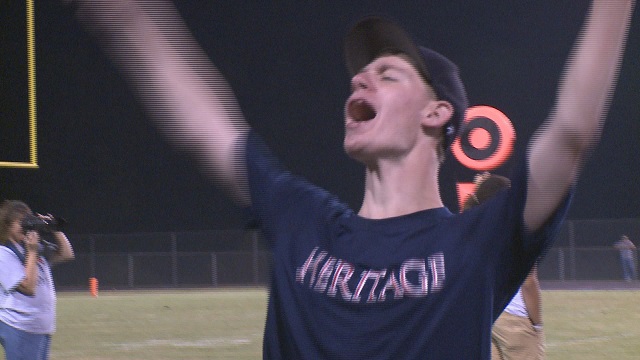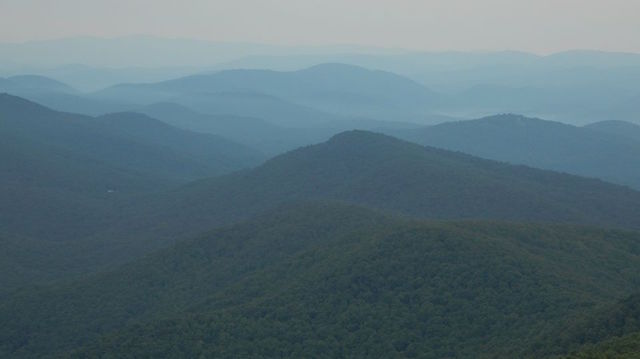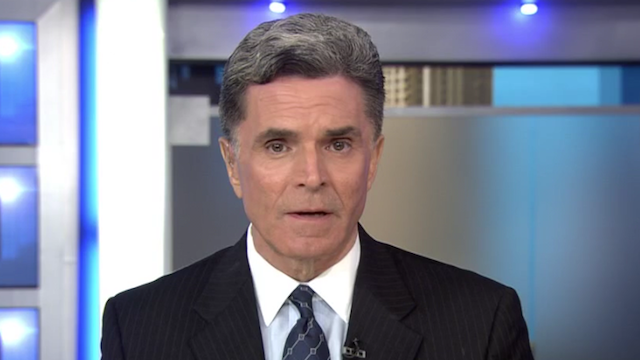Podcast: Play in new window | Download
Subscribe:
This is one of the more difficult interviews I have ever conducted.
But for journalists — and, truly, anyone — it is an important interview to hear.
For three years I have come to know my co-worker Jeff Hullinger as verbose, eloquent, wry, and sardonic. Starting a conversation with Hullinger means beginning a singular journey of quips, observations, and insights that can only come from someone of his experience and expressiveness. He has spent three decades as a broadcaster in Atlanta; he has won 19 regional Emmys, interviewed everyone from John Elway to Mikhail Gorbachev, and called the play-by-play on the radio for a Super Bowl.
Last week Hullinger did something he — and 99.9% of journalists — had never done: he witnessed an execution.
The state of Georgia had scheduled the death of Kelly Gissendaner, who had been convicted of orchestrating the murder of her husband, Doug. About a week before the execution, Hullinger learned he had been named of five area journalists who would serve as witnesses.
He did not back away from the assignment.
“I think, sitting in an anchor chair, I have a responsibility to represent this station publicly,” Hullinger told me, “and I take that very seriously. You have a responsibility to both yourself and your co-workers. I think word in action becomes significant.”
He added, “This is something that no one wants to do, from an intellectual standpoint. [But] it’s something I have to do.”
Hullinger joins me on this episode of the Telling the Story podcast.
I honestly would not have normally felt comfortable asking someone in his situation to speak about what he experienced. I felt compelled here by two factors. First, Hullinger had already done a beautiful job of recounting the evening, through Twitter and then on the air. He seemed willing, in that window, to speak about it, although he later told me he would not do so after this podcast. He did not want, I think, to feel bound to the experience for the rest of his career, constantly asked to re-tell his story.
“I can’t tell you how many requests I’ve had to come speak, and I’m not doing any of that,” he said. “My responsibility was one night … and I am done.”
Secondly, I believed in our rapport. Hullinger and I have talked about so many subjects over the years, and I trusted that he would entrust me with conducting an interview in a sensitive, professional way — the same way he had handled his assignment.
This interview — and his perspective within it — is extremely worth your time.
Hullinger discusses how he balanced his objectivity as a journalist with his emotions during a horrific act. He describes the otherworldly experience of entering a world few will ever view.
“We had been told by the state that this is a rather bloodless, painless, clinical, procedural thing, where there isn’t really a lot of emotion,” said Hullinger. “It was none of that. It was unbelievable … all of the razor wire, all of the check-ins, all of the freedom that has been denied. Even our ability to go to the restroom was not allowed. We had to ask men who would not make eye contact with us. It was a horrifying, terrifying place to begin with.”
Then he made eye contact with Gissendaner, and he felt the need to compose himself.
“I closed my eyes for about 20 seconds, just to say, ‘Okay … Understand what this is, and what you’re about to see.'”
Perhaps the above quote is the best way to listen to this podcast: understand what it is, and what you are about to hear. Hullinger’s descriptions are sometimes extremely graphic; his emotions and perspective, though, are critical to absorb for any journalist and anyone seeking to get a better understanding of a profoundly difficult issue.
“I think sometimes we put the issue of death way behind us,” he told me. “The truth is, it is always near us.”
(more…)



